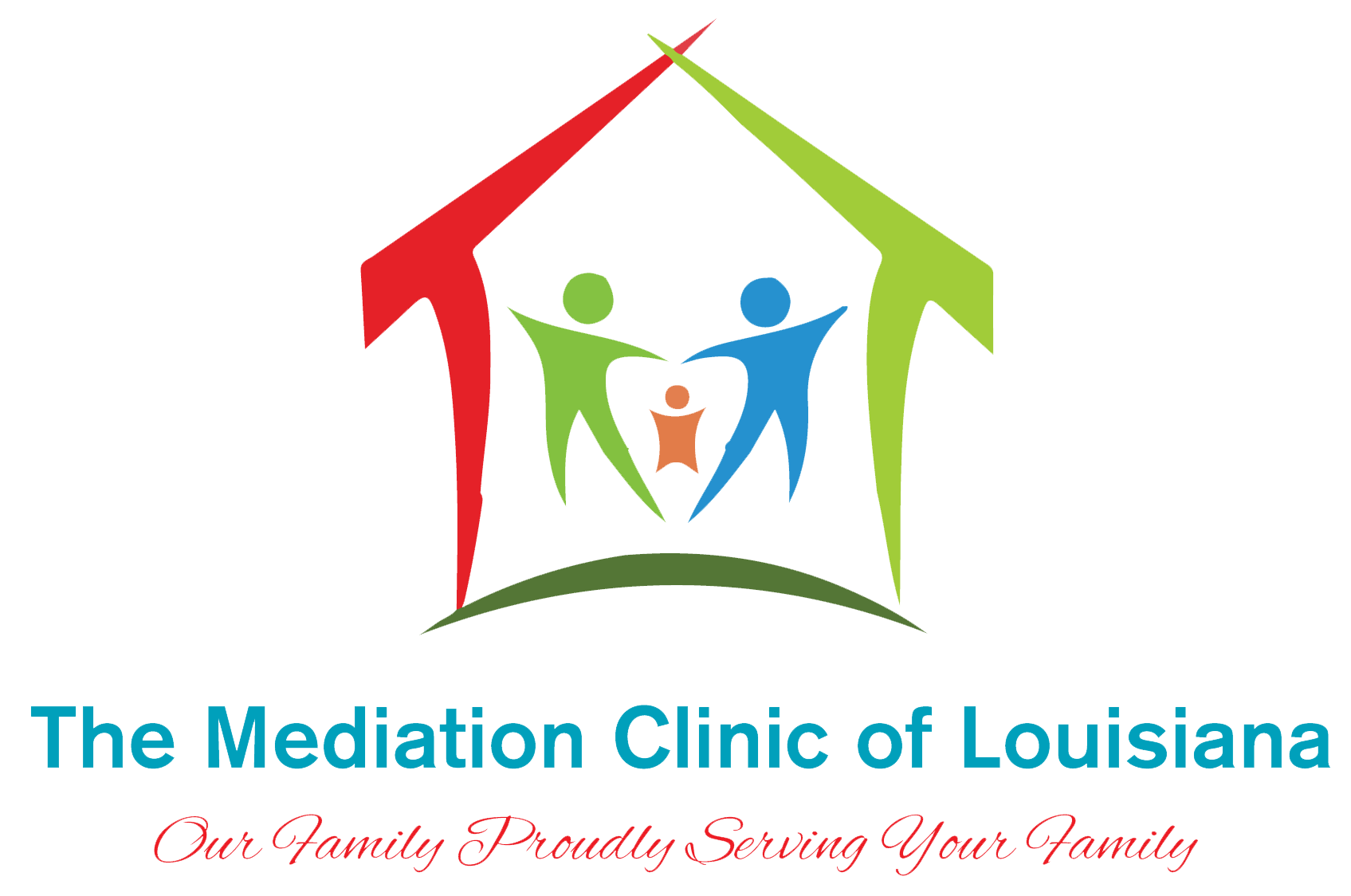
Mediation is the Answer When the Courts Can’t Seem to Get it Right
When parents of minor children decide to go their separate ways, it’s scary for the parents and children. Both parents, while at odds, are worried about the best interests of their children and might have different ideas about what that is. It takes a lot of patience and compassion to find common ground and that’s in short supply during a separation and divorce. Most parents would assume that the Court knows how to fix the issues between the parents and that the right thing will happen once they go through the litigation process. Unfortunately, that is not the case. Far from it.
In reading the attached article, it is clear that not all jurisdictions are up to date on the most recent studies about children regarding custody arrangements. In fact, there is no universal means for resolving custody, determining the best interest of the children, or custody requirements. For example, the Ohio counties discussed in the article below have sweeping provisions that allow for only two nights of overnight visitation every 14 days for the non-domiciliary parent. This is at complete odds with all recent studies which suggest that equal parenting time should be encouraged. In Louisiana, while shared custody is preferred, it is certainly not ordered every time it should be and sometimes its ordered when it is simply not feasible.
Not withstanding that, what about flexibility for the families? Not all families are the same. They have different traditions and cultural values. They have varying work schedules. The ages of the children command different things from their parents. It seems remiss for a court to not take that into consideration. Ultimately, it is a complete disservice to have such a ridged approach to parenting time with each individual parent.
That’s why mediation is the best option for most separating couples. It’s an opportunity for parents to sit at a table together and have an open discussion about what’s best for the children. At the end of the process, the couple has decided together what’s best for their family. It hasn’t been left up to a third party judge who doesn’t know the parties, the children, or the traditions and values of the family. Those families that make their own decisions about how to move forward after a separation tend to be more satisfied with their custody arrangement than those that have a schedule imposed on them by a court.
Featured Article: Divorce is hard enough on children — why are our courts making it worse?
You May Also Like


